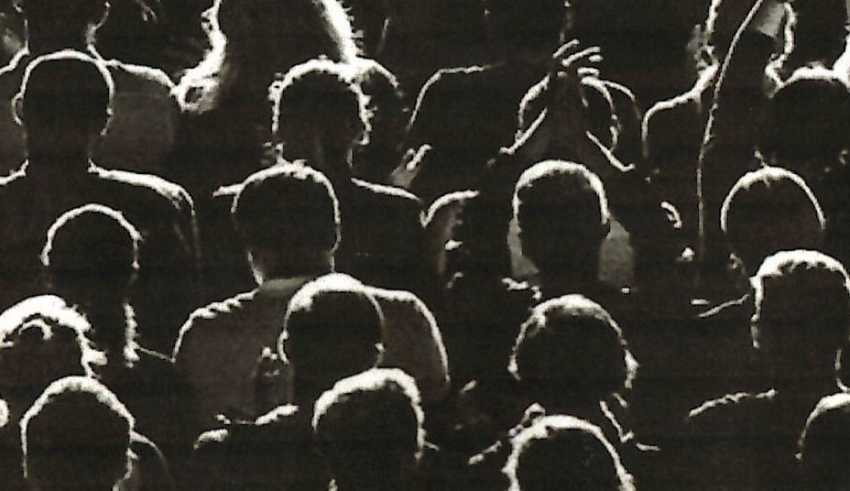
Psychologists would say that the anxiety associated with a crisis tends to produce defensive protection—much as we have described previously in this book when we linked VUCA-Plus to anxiety. As we have noted, the initial response in diffuse anxiety is often Freeze. We often do nothing when confronted initially with a threat. The threat might be imagined (a lion that doesn’t actually exist) or real. It doesn’t matter. We still are likely to freeze in place. If the crisis tends to linger and is not resolved, then the defensive strategy becomes increasing “regressive” (primitive, child-like).
Cause-and-effect assessments become distorted, with the cause of crisis being assigned to the “out-group.” Sense-making is framed exclusively as We/They. We still might be frozen in place, but we can take “cognitive action” by beginning to distort the world we see so that the threat is better “understood” and assigned to some outside force. The real or imagined lion is identified and associated directly with an outside group. This brings us some comfort—especially if we can also identify some heroic figure (such as a political figure) who declared that they shall slay this lion.
As Van Prooijen notes “Conspiracy theories appeal to a basic, dark fear that we all are string puppets under the control of powerful, sinister, and invisible forces. Conspiracy theories refer to hidden, secret, and malignant organizations that influence our lives without us being aware of it – negative emotions, particularly feelings of fear and uncertainty – form a key causal factor to explain why conspiracy theories are prevalent among large segments of the population. These negative emotions explain why conspiracy theories flourish in the wake of societal crisis situations”. The risk with these beliefs is that people tend to disbelieve experts and scientists simply because they are seen as members of out-groups – if they are not part of OUR group, they must be part of the threat.
Uscinski (2018a) offers the following conclusion: “Sizable portions of the public reject the science on vaccines, GM foods, fluoride, and climate change due to belief in conspiracy theories. Some conspiracy theories accuse scientists of being involved in a scam to defraud, injure, or kill the public … there exists a sizable distrust of science and scientists”. In most cases, these beliefs are self-defeating in that they potentially harm the believers.
Van Prooijen concludes that “Uncertainty about the future, feelings of alienation, fast-changing power structures in society, rapid technological advancement, or a deep-rooted distrust towards formal authorities can all stimulate conspiracy theories. Negative emotions elicit sense-making processes in which people assume the worst, increasing people’s suspicious feelings towards powerful, dissimilar, or distrusted outgroups”.
An accelerator of these suspicions amongst vulnerable people is where manipulative leaders of these in-groups fuel these fears and stoke division for their own ends. An example of this manipulation is the Fox News/Dominion civil lawsuit in which internal emails show that Fox News hosts such as Tucker Carlson did not honestly believe the conspiracy theories and misinformation he was vociferously voicing to his audience.
Depending on the severity of the uncertain times (at least perceived as uncertain by the in-group), people become hyper-sensitive and aware of potential perceived threats. According to Van Prooijen this can often lead them to: “perceive patterns in what actually are coincidences, and feelings of fear and uncertainty worsen such illusory pattern perception. Studies for instance show that when people lack control, they not only start seeing conspiracy threats, but they also start seeing patterns in other stimuli, such as images in random noise, patterns in stock market information, and superstition”.

















